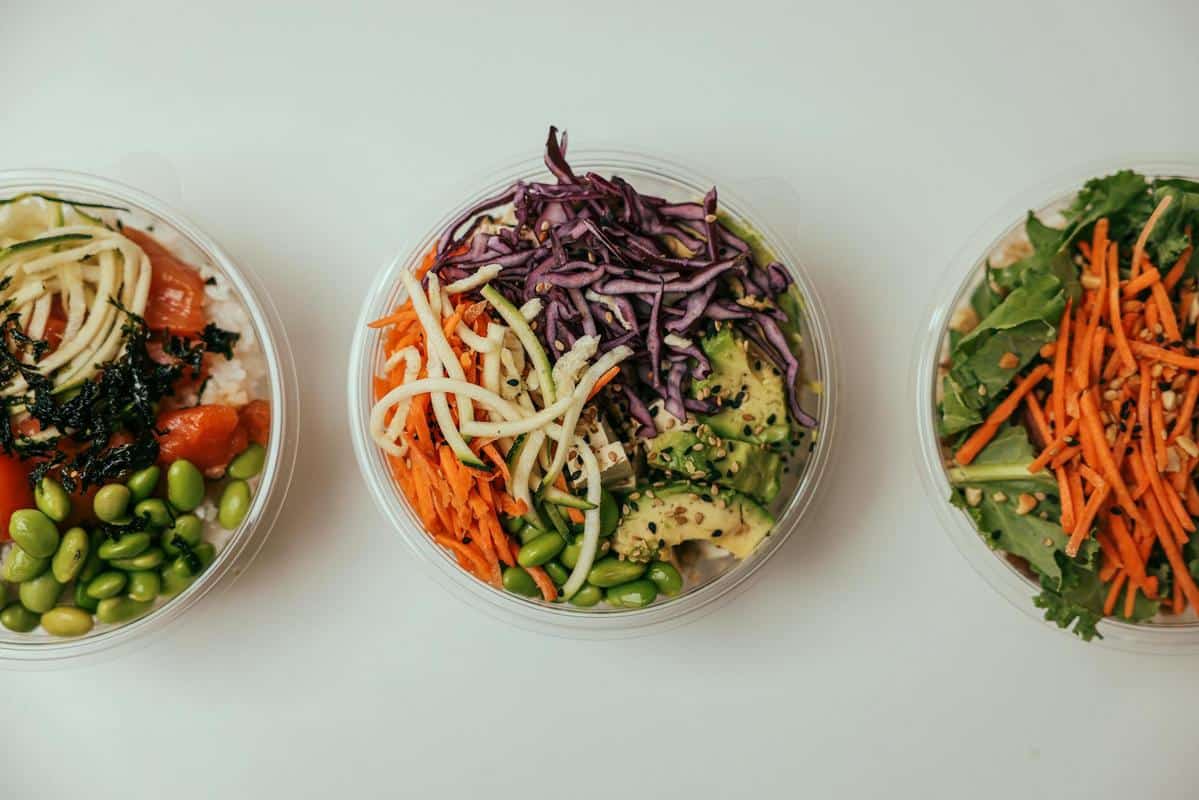
Vegan vs. Vegetarian: Which is Right for You?
Choosing between vegan and vegetarian lifestyles can be a fulfilling journey towards better health and ethical living, but understanding the distinctions and benefits of each is essential for making an informed decision.
Understanding Vegan and Vegetarian Diets
Both vegan and vegetarian diets focus on plant-based nutrition, but they differ in their approach to animal products. Vegetarians avoid meat, fish, and poultry, while vegans eliminate all animal-derived products, including dairy, eggs, and honey. This distinction can significantly impact nutritional intake and lifestyle choices.
Insights from Nutrition Experts
According to Dr. Michael Greger, a renowned nutrition expert, a well-planned vegan diet can provide all necessary nutrients and may lower the risk of chronic diseases.
Similarly, a study in the Journal of the American Dietetic Association highlights that both vegan and vegetarian diets are associated with lower cholesterol levels and blood pressure.
Nutritional Comparison
| Nutrient | Vegan | Vegetarian |
|---|---|---|
| Protein | Legumes, tofu, nuts | Eggs, dairy |
| Vitamin B12 | Supplements, fortified foods | Dairy, eggs |
| Calcium | Fortified plant milks, leafy greens | Dairy products |
| Omega-3 Fatty Acids | Flaxseeds, chia seeds | Fish (if included), eggs |
| Iron | Legumes, seeds | Legumes, spinach |
| Zinc | Nuts, seeds | Dairy, eggs |
| Fiber | Whole grains, vegetables | Whole grains, vegetables |
| Vitamin D | Fortified foods, sunlight | Fortified foods, dairy |
Personal Stories and Experiences
Consider the story of Emily, who transitioned from a vegetarian to a vegan diet. Her journey was driven by environmental concerns and a desire to explore new culinary adventures. Emily found that veganism not only aligned with her ethical beliefs but also introduced her to a diverse range of foods she had never tried before.
Actionable Tips for Transitioning
- Start with meatless days to ease into the lifestyle.
- Experiment with plant-based recipes to find what you enjoy.
- Consult with a nutritionist to ensure you’re meeting all your dietary needs.
- Connect with online communities for support and inspiration.
Additional Resources
For more information on plant-based diets, consider visiting ChooseVeg and The Vegetarian Society for expert advice and community support.
FAQ
Can a vegan diet provide enough protein?
Yes, a vegan diet can provide sufficient protein through sources like legumes, tofu, and nuts.
What are the health benefits of a vegetarian diet?
A vegetarian diet is associated with lower risks of heart disease, hypertension, and certain cancers.
Conclusion: Making Your Choice
Ultimately, choosing between a vegan and vegetarian lifestyle depends on your personal values, health goals, and dietary preferences. Both diets offer numerous health benefits and contribute positively to environmental sustainability. Whichever path you choose, ensure it aligns with your lifestyle and nutritional needs.


